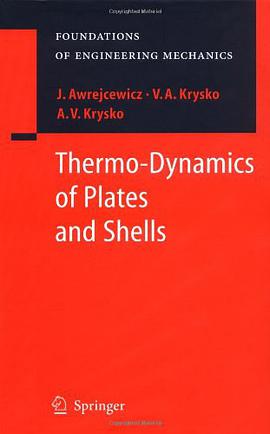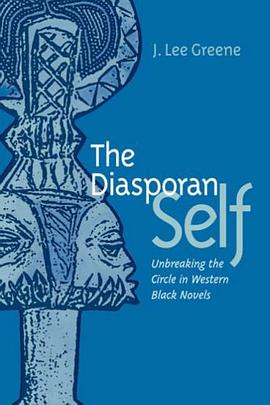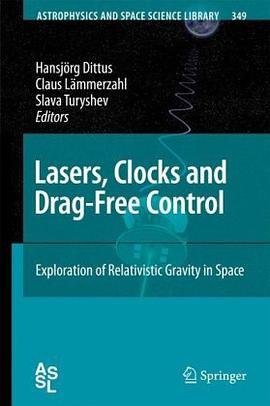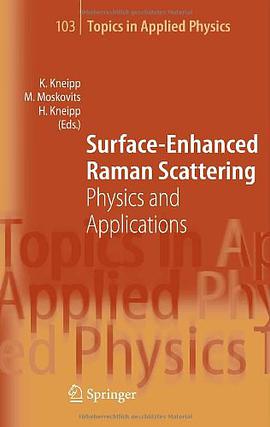

The principle of complementarity provides a framework as to when the Prosecutor of the ICC may and should interfere vis-a-vis national judicial systems. The principle acknowledges the primary right of states to prosecute while also recognising the need for international interference when states fail in this task. As formulated in the Rome Statute, however, it leaves complex questions unresolved. To mention a few: When is a national criminal proceeding really an attempt to shield the perpetrator? When can a national judicial system be characterised as unavailable? And when will an ICC prosecution serve the interests of justice? This book seeks to answer these and other related questions by interpreting the relevant provisions of the Rome Statute and discussing them in a broad context.This book also critically assesses policy considerations underlying the establishment of the ICC, including the implications of international criminal justice for achieving peace. It asks, inter alia, whether the ICC should set aside an amnesty which a national truth commission has granted in an attempt to achieve a peaceful transition from tyranny to democracy.
具體描述
讀後感
評分
評分
評分
評分
用戶評價
相關圖書
本站所有內容均為互聯網搜索引擎提供的公開搜索信息,本站不存儲任何數據與內容,任何內容與數據均與本站無關,如有需要請聯繫相關搜索引擎包括但不限於百度,google,bing,sogou 等
© 2025 qciss.net All Rights Reserved. 小哈圖書下載中心 版权所有




















